
Conflict
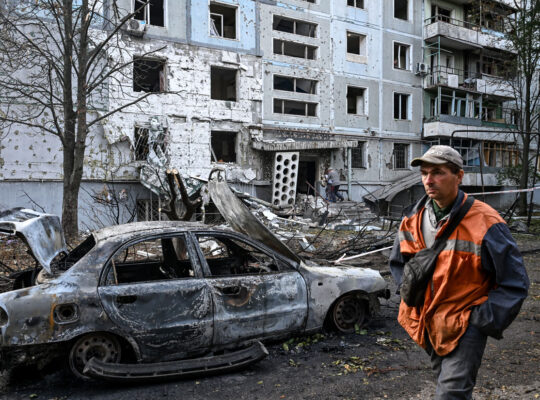
Uncovering the Human Stories Behind Global Politics
Recorded at a New Lines live event in London, correspondents Yaroslav Trofimov and Christina Lamb join Faisal Al Yafai and Lydia Wilson for a discussion on storytelling and why it matters.
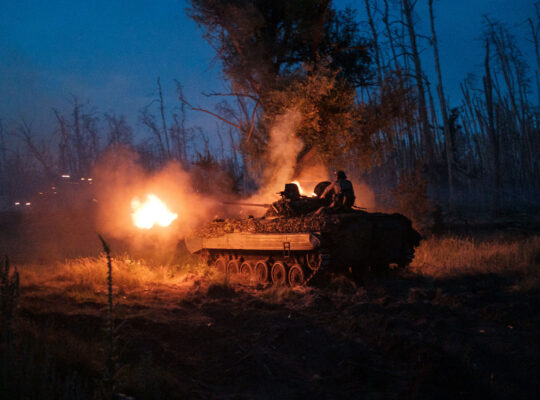
How To End the Forever Wars — with Mary Kaldor and Lydia Wilson
Returning guest of the podcast Mary Kaldor joins New Lines’ Lydia Wilson for a discussion on how to end the various intractable wars still raging in 2025, from Gaza to Ukraine.
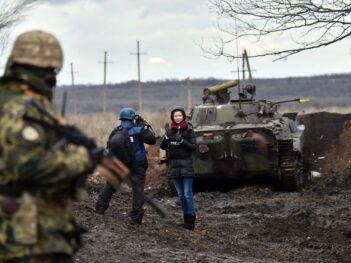
Dispatches from Forever Wars – with Nabih Bulos and Bel Trew
“You know, if you’ve covered conflict before, that the world’s focus is fickle. And there will be a point where the cameras shift, the spotlight shifts. … As a journalist who becomes obviously invested and cares and talks to people and makes friendships with people when you’re on a front line, you almost feel like it is a betrayal.” Conflict reporter Bel Trew tells New Lines’ Faisal Al Yafai about the challenges of covering “forever wars” on The Lede.
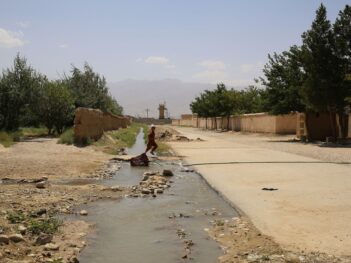
Investigating the State — with ‘Kunle Adebajo and Lynzy Billing
Investigative journalists ‘Kunle Adebajo and Lynzy Billing join New Lines magazine’s Amie Ferris-Rotman and Erin Clare Brown to go behind the scenes of their recent investigations in Nigeria and Afghanistan and the political changes they’ve brought about.
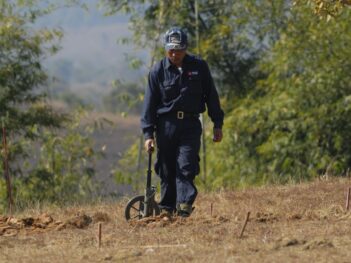
Ukraine’s Cluster Bomb Dilemma — with Sera Koulabdara and Romeo Kokriatski
Can the use of weapons as harmful as cluster bombs ever be justified? Sera Koulabdara and Romeo Kokriatski join New Lines magazine’s Danny Postel to debate their use in Ukraine against the Russian invaders.
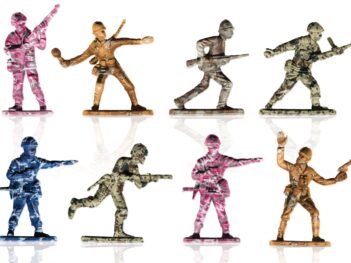
The Empire’s New Clothes (and Everyone Else’s Too)
Combatants nowadays wear a unique camouflage pattern of muted greens and browns. Hundreds of thousands of U.S. troops wear it, as do jihadists, Ukrainian troops and Russia’s mercenaries. Called MultiCam, it was devised after the 9/11 attacks by a crew of art- and engineering-school graduates based in Brooklyn.
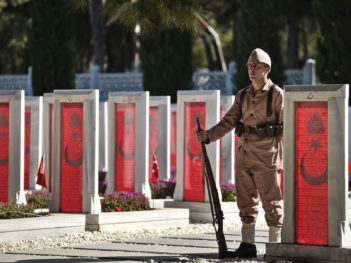
The Last Days of the Ottomans – with Eugene Rogan
Pre-eminent historian Eugene Rogan talks to New Lines’ Faisal Al Yafai about the Ottoman Empire’s final years, its still-controversial legacy and how its defeat in World War I created the Middle East of today.
